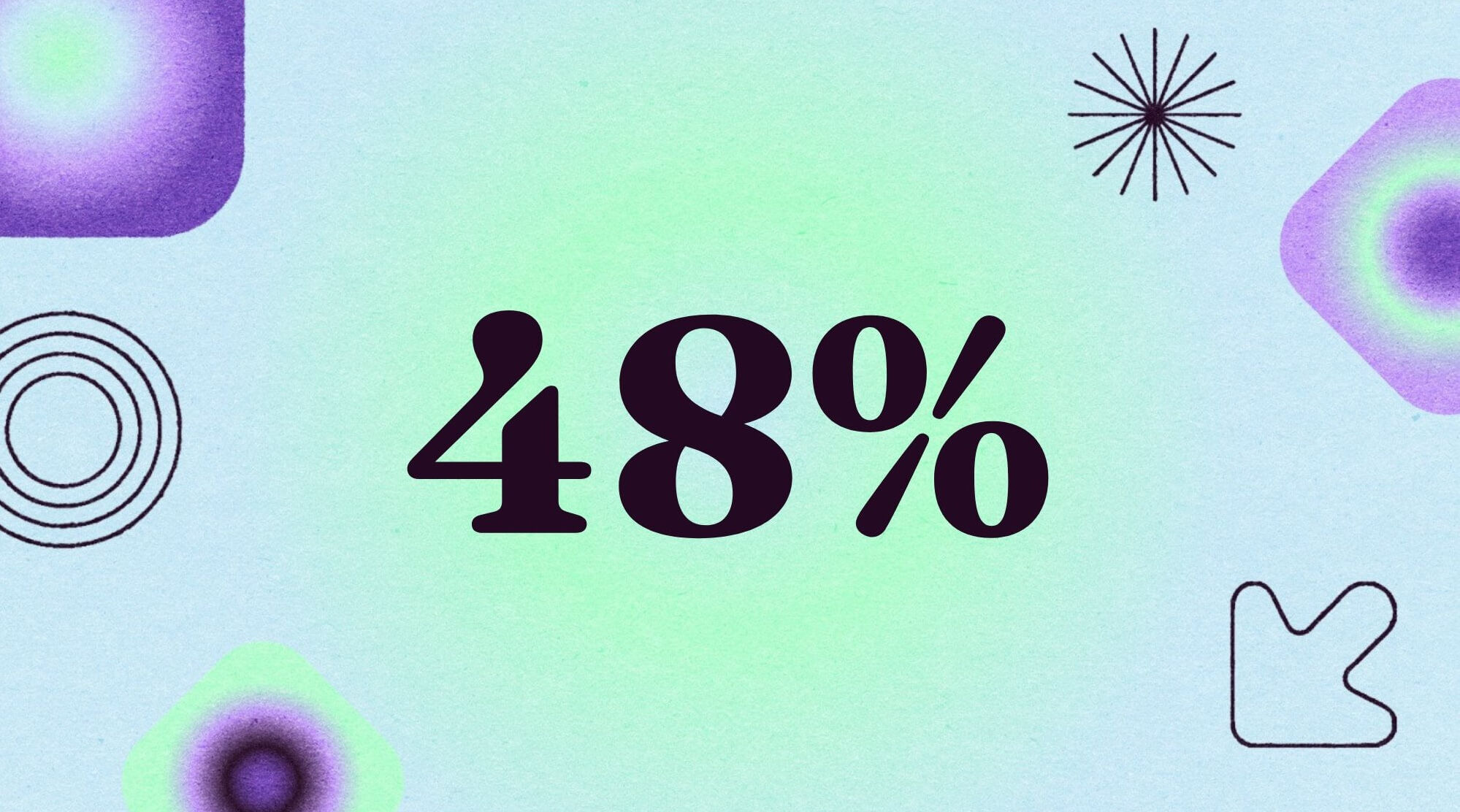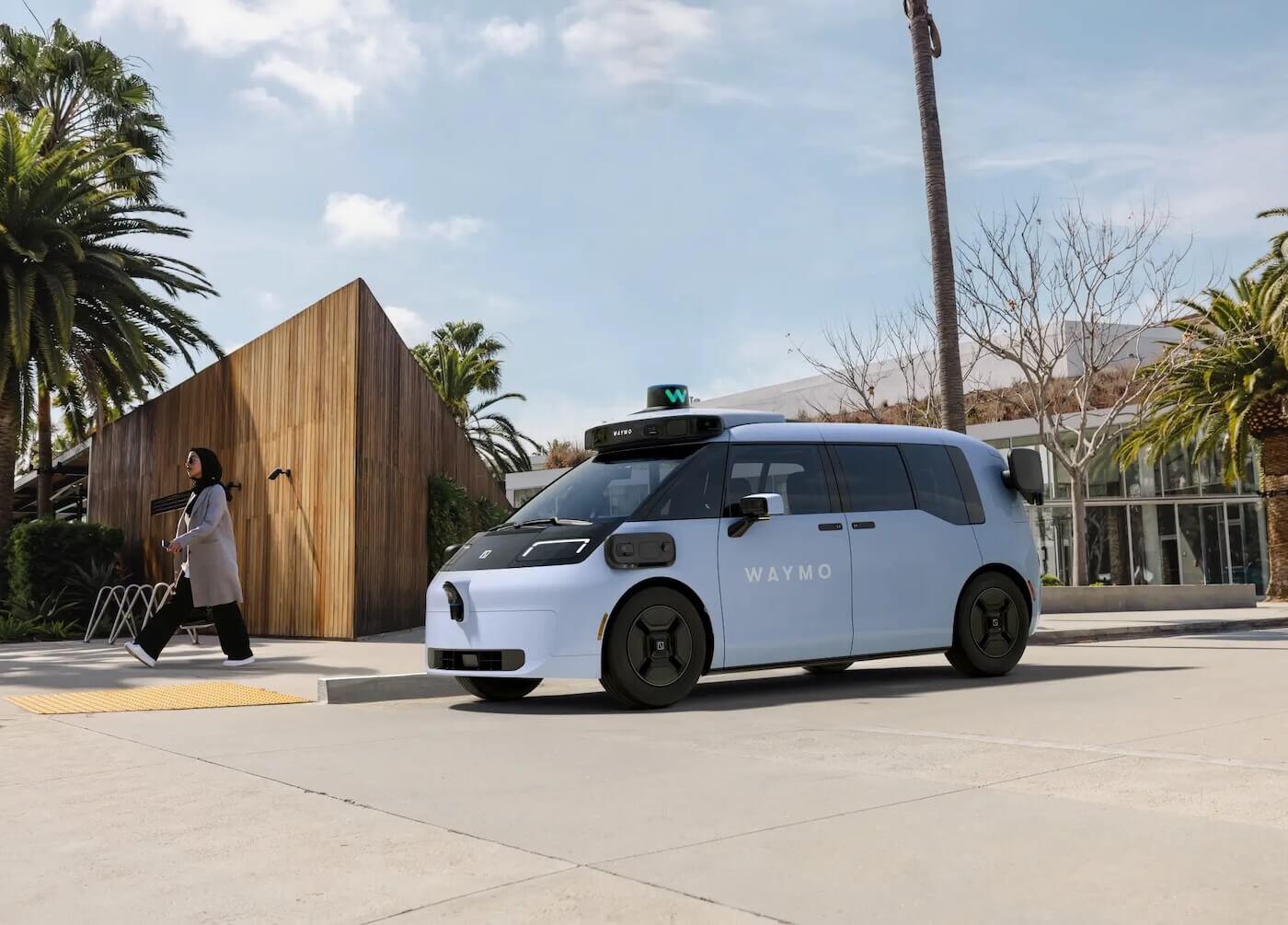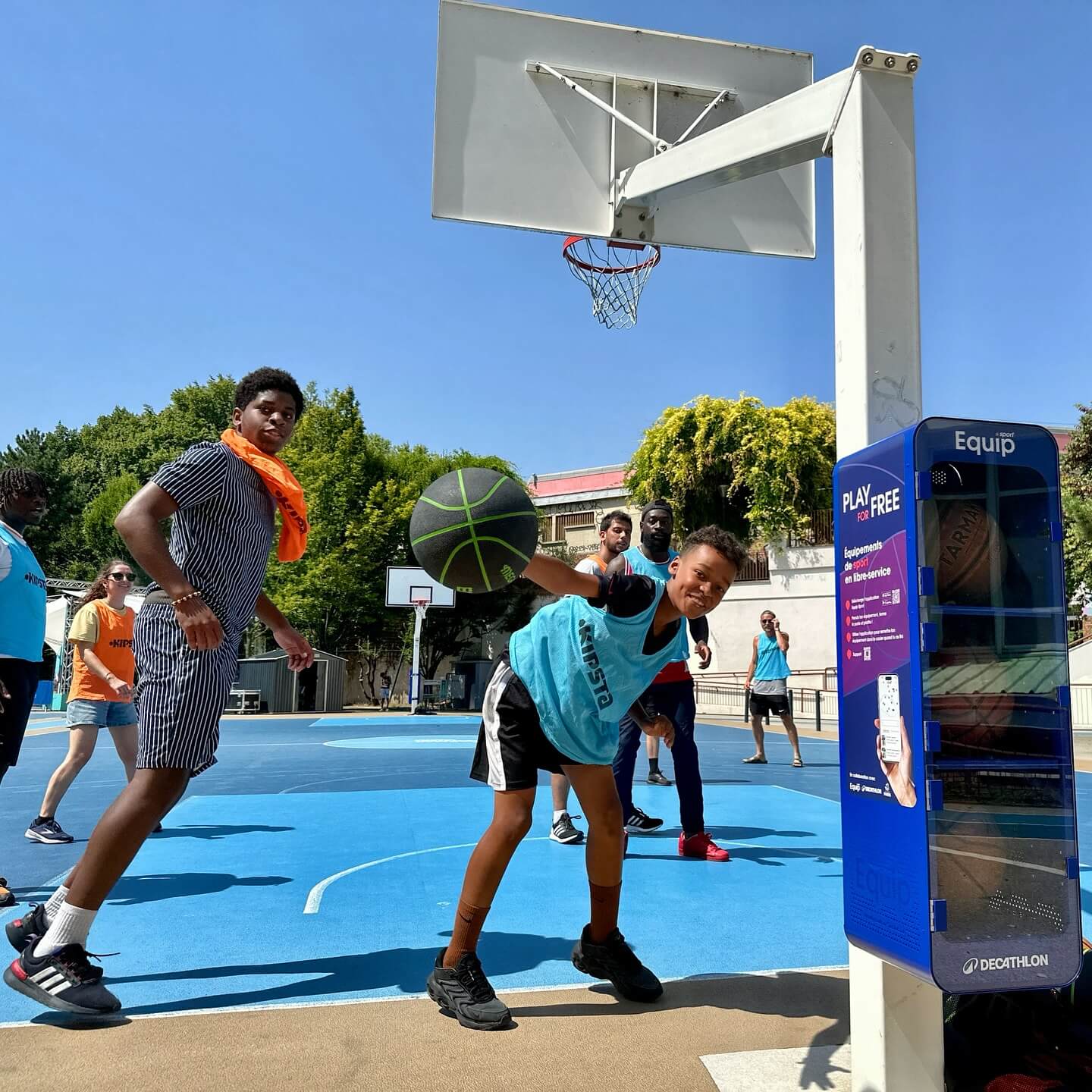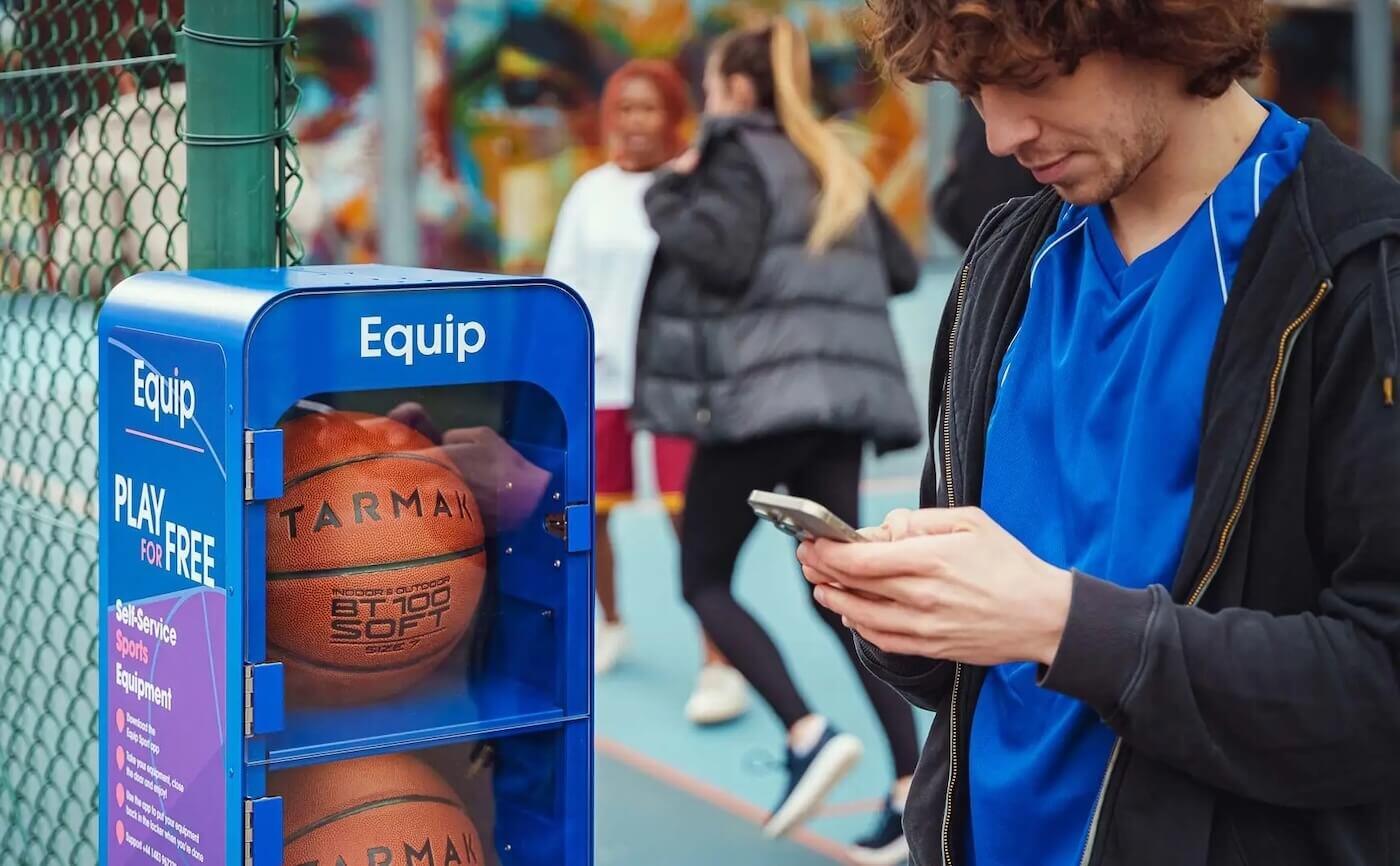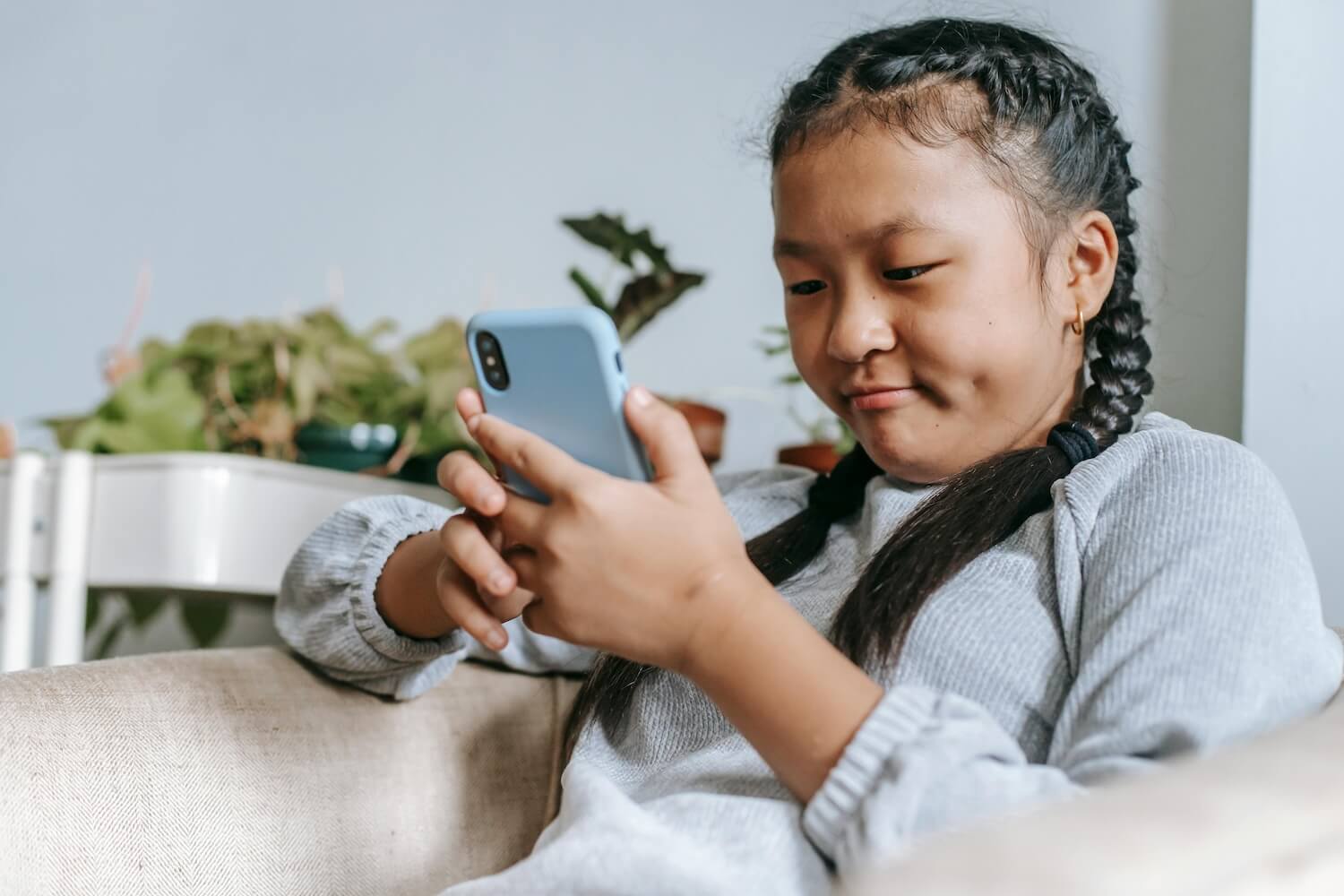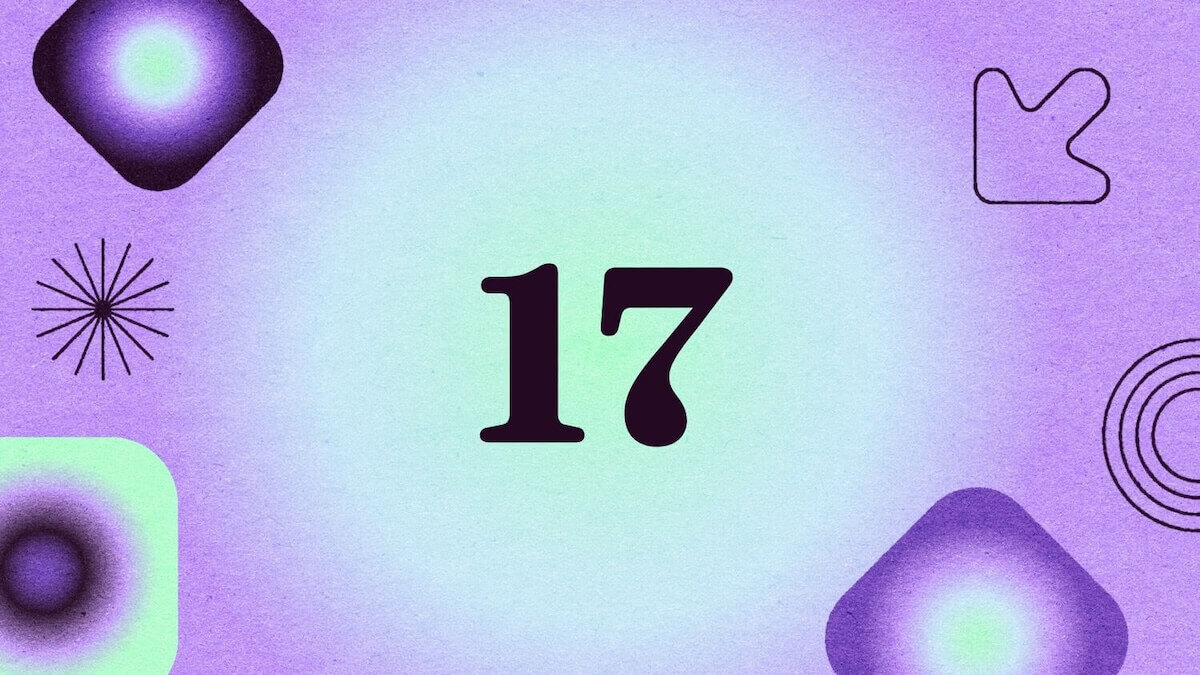Fruittella Brasil has uncovered a new tactic for getting kids outside: a book with pages that seem empty until sunlight hits them. The story that's revealed focuses on outdoor adventures like riding a bike and playing hopscotch, with — you guessed it — no screens in sight, while the book's retro illustrations harken back to a time before Fortnite.
This activation by the candy brand integrates a handful of goals: encouraging kids to get off their devices, read books, go outside and play with others. The limited edition publication, titled Lá Fora É Mais Legal (Outside is Cooler), was launched this past weekend in São Paulo's Ibirapuera Park and developed by creative agency VML Brasil.
🌞🤸♀️ Fruittella is tapping into growing concerns about excessive sedentary screen time with a creative nudge. The storybook's sun-activated feature not only adds an element of surprise but also cleverly reinforces the message that outdoor play is as delightful as it is essential — all while positioning Fruittella as a champion of wholesome childhood fun.
Select your country
- Argentina
- Australia
- Austria
- Belgium
- Brazil
- Cambodia
- Canada
- Chile
- China
- Colombia
- Costa Rica
- Croatia
- Czechia
- Denmark
- Estonia
- Finland
- France
- Germany
- Ghana
- Greece
- Guatemala
- Hong Kong
- Hungary
- Iceland
- India
- Indonesia
- Ireland
- Israel
- Italy
- Japan
- Kenya
- Latvia
- Lithuania
- Malaysia
- Mexico
- Morocco
- Netherlands
- Nigeria
- Norway
- NZ
- Paraguay
- Phillippines
- Poland
- Portugal
- Puerto Rico
- Romania
- Serbia
- Singapore
- Slovakia
- Slovenia
- South Africa
- South Korea
- Spain
- Sweden
- Switzerland
- Taiwan
- Thailand
- Turkey
- UAE
- UK
- Ukraine
- US
- Uruguay
- Venezuela
- Vietnam
Select your country
- Argentina
- Australia
- Austria
- Belgium
- Brazil
- Cambodia
- Canada
- Chile
- China
- Colombia
- Costa Rica
- Croatia
- Czechia
- Denmark
- Estonia
- Finland
- France
- Germany
- Ghana
- Greece
- Guatemala
- Hong Kong
- Hungary
- Iceland
- India
- Indonesia
- Ireland
- Israel
- Italy
- Japan
- Kenya
- Latvia
- Lithuania
- Malaysia
- Mexico
- Morocco
- Netherlands
- Nigeria
- Norway
- NZ
- Paraguay
- Phillippines
- Poland
- Portugal
- Puerto Rico
- Romania
- Serbia
- Singapore
- Slovakia
- Slovenia
- South Africa
- South Korea
- Spain
- Sweden
- Switzerland
- Taiwan
- Thailand
- Turkey
- UAE
- UK
- Ukraine
- US
- Uruguay
- Venezuela
- Vietnam






